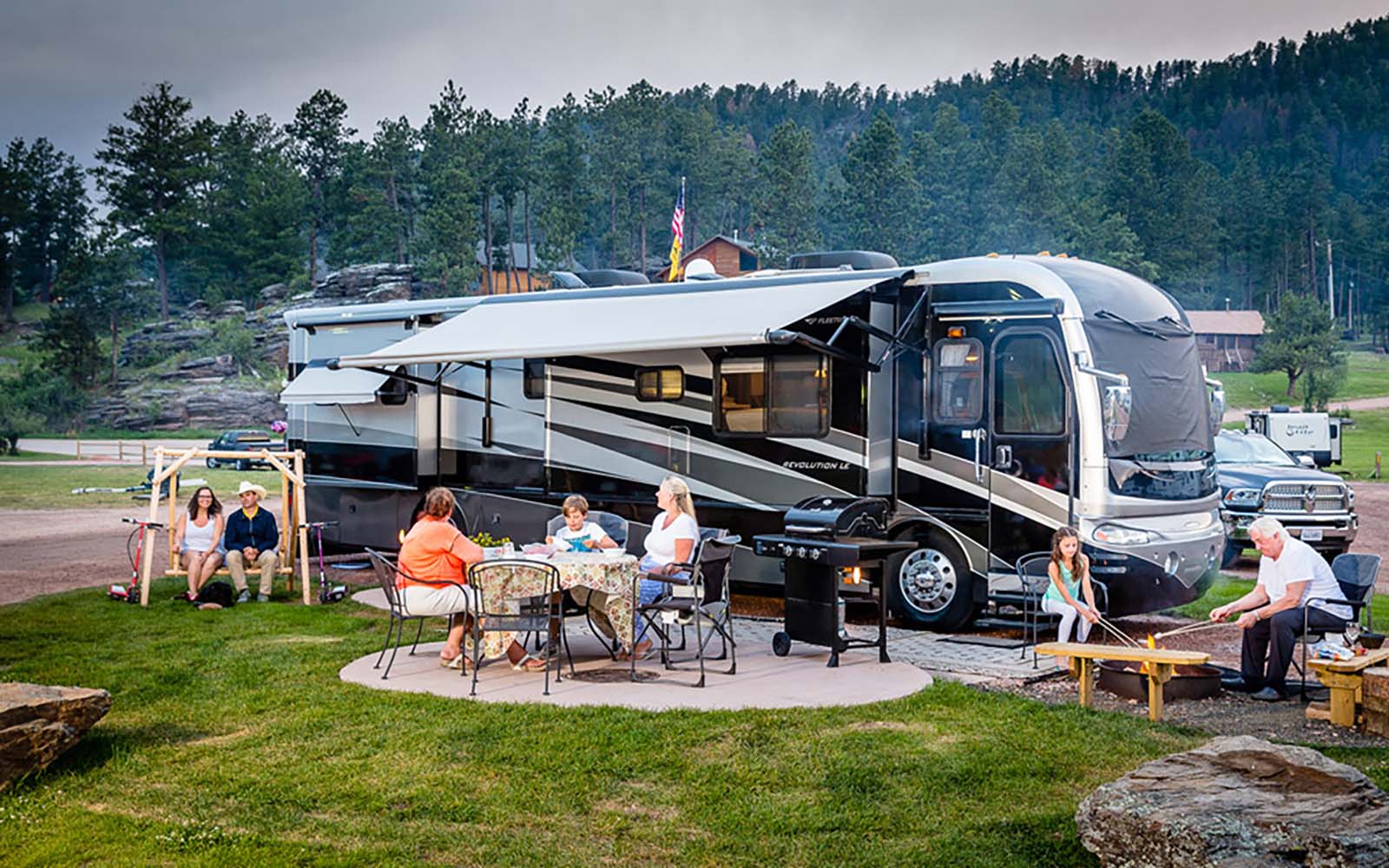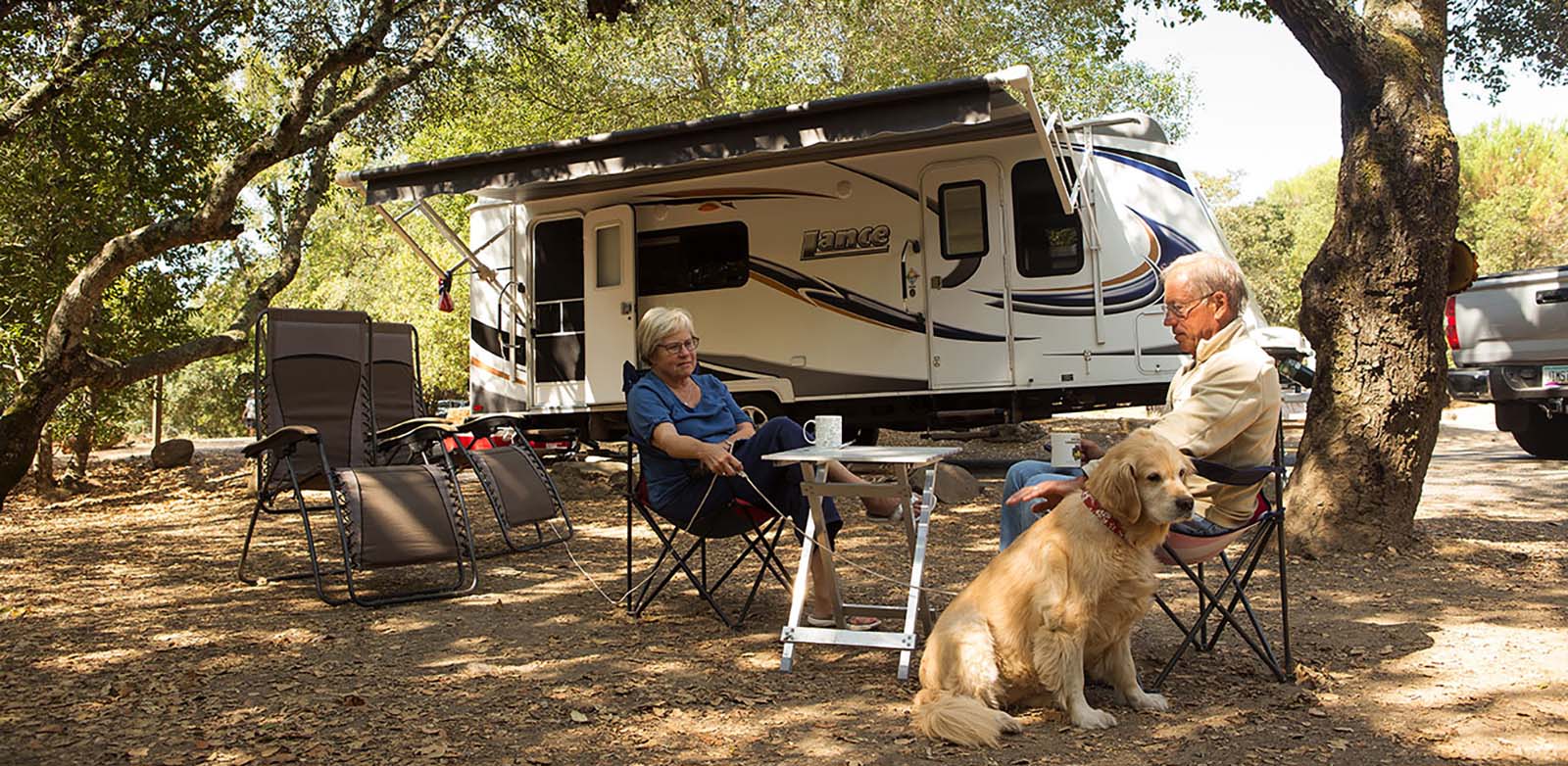The Best RV House Battery: Powering Your Adventures

[Paragraph 1: Introduction] When it comes to enjoying the great outdoors and embarking on exciting adventures, having a reliable power source is crucial for RV owners. The RV house battery plays a vital role in supplying electricity to various appliances and systems, ensuring a comfortable and convenient experience while on the road. As choosing the right battery can be overwhelming, this article aims to guide you in finding the best RV house battery that meets your specific needs and provides optimal performance.
[Paragraph 2: Factors to Consider] Before diving into the specifics, it is essential to consider a few factors when selecting the best RV house battery for your adventures. The battery’s capacity, rechargeability, durability, weight, and overall lifespan should all be taken into account to ensure a wise investment. Additionally, understanding the different battery types – lead-acid, lithium-ion, and absorbed glass mat (AGM) – will help you make an informed decision.
[Paragraph 3: Exploring Lead-Acid Batteries] Lead-acid batteries have been a popular choice in the RV community for many years. They are relatively affordable and widely available, making them a convenient option for RV owners. Deep cycle lead-acid batteries are designed to provide a steady supply of power over a longer duration and can withstand multiple discharge and recharge cycles. However, they do require routine maintenance and ventilation to prevent any gas buildup.

[Paragraph 4: Discovering Lithium-Ion Batteries] Lithium-ion batteries have revolutionized the RV industry due to their lightweight design and exceptional performance. These batteries are highly efficient, providing a higher energy density and longer lifespan compared to lead-acid alternatives. They require minimal maintenance and offer fast recharging capabilities. However, it’s important to note that they tend to be more expensive upfront, although their extended lifespan can offset the initial investment.
[Paragraph 5: Unveiling AGM Batteries] Absorbed Glass Mat (AGM) batteries are commonly used in RV applications, particularly for those seeking a maintenance-free and versatile power source. AGM technology utilizes fiberglass mats to absorb the electrolyte, providing a spill-proof and vibration-resistant battery. They can be mounted in various positions and are known for their ability to handle deep discharges effectively. AGM batteries are a reliable choice for RV owners requiring an easy-to-use and long-lasting power solution.
[Paragraphs 6-15: 10 H3 Sub-Headings] Below are ten key considerations when searching for the best RV house battery:

1. Capacity – Determine the battery’s capacity based on your power consumption needs and expected duration of use. 2. Rechargeability – Look for batteries with efficient charging capabilities, allowing you to recharge easily, even while boondocking. 3. Durability – Opt for batteries that can withstand the rigors of RV travel, including vibrations, temperature fluctuations, and potential damages. 4. Weight – Consider the weight of the battery, especially if you’re looking to reduce overall weight and increase fuel efficiency. 5. Lifespan – Investigate the expected lifespan of the battery, as this will impact the frequency and cost of replacements. 6. Brand Reputation – Research reputable brands known for their quality and reliability in the RV battery market. 7. Customer Reviews – Read customer reviews and ratings to get a better understanding of the battery’s performance and durability under real-world conditions. 8. Power Output – Ensure the battery can provide sufficient power to run all your necessary appliances and systems without any issues. 9. Safety – Look for batteries with safety features such as protection against overcharging, short circuiting, and thermal runaway. 10. Price – Determine your budget and balance the features and performance offered by different batteries to find the best value for your money.
[Conclusion] Finding the perfect RV house battery requires careful consideration of various factors, including capacity, rechargeability, durability, weight, lifespan, and battery type. By understanding your power needs and the pros and cons of different battery options, you can confidently make an informed decision that will power your adventures and enhance your RVing experience. Happy travels!

